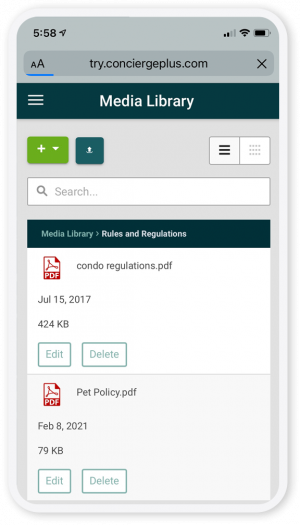OUT OF SIGHT DOES NOT MEAN OUT OF MIND By Eric Glazer, Esq.
OUT OF SIGHT DOES NOT MEAN OUT OF MIND
By Eric Glazer, Esq.
I like to re-publish this article every few years because it is so important. As we get closer to summer we are simultaneously getting closer to lots and lots of empty condominium units because many owners are returning up north for a few months. Just because you leave your Florida condominium for a few months however does not mean that your responsibility to maintain your unit stops once you hit the Georgia border.
Every declaration of condominium has a general clause that requires the owner of the unit to maintain his or her unit in good condition. In fact, arbitration decisions have held that “where an owner does not reside in the unit, it is incumbent on the owner to routinely and periodically examine and inspect the unit to ensure the absence of leaks and conditions that would otherwise lead to damage to the building and its occupants. In recognition of the fact that where multiple owners occupy a single building, a problem that develops in one unit may well affect other units and the common element components of the building.” See: Los Prados Condominium Association v. Lemley Case No. 03-6092; May 25, 2004, Arbitrator, Scheuerman.
So, if you’re headed up north for a few months, and you know that a friendly neighbor is going to remain in Florida, make sure to leave that neighbor a key to your unit and ask him or her to check the place every now and then. And…..if your association governing documents require that you leave the association with a key, you BETTER DO THAT! There is virtually no excuse for failing to do so, but that’s for another column. If you don’t leave a key, remember that the law provides:
(5) RIGHT OF ACCESS TO UNITS.—
(a) The association has the irrevocable right of access to each unit during reasonable hours, when necessary for the maintenance, repair, or replacement of any common elements or of any portion of a unit to be maintained by the association pursuant to the declaration or as necessary to prevent damage to the common elements or to a unit.
If the association thinks a leak is coming from your unit, if they don’t have a key, they’re using a locksmith and/or breaking your lock or door to get in. And, they’re entitled to do it, if they have no other reasonable means to get in. And…….. it’s the unit owner who is going to pay for the lock and door repair if there really was a leak. Bottom line…be smart….plan ahead and make sure that when Florida gets in your rear view mirror this year, someone is still left behind watching your unit.



 Allstate Resource Management can handle all of your
Allstate Resource Management can handle all of your 






 Many condominium and homeowners’ associations’ activities are required to have a certain amount of transparency. One way that association activities are made transparent is through statutory provisions requiring most kinds of meetings to be open and noticed to the membership. In fact, applicable laws governing the operation of condominium and homeowners’ associations allow board members to communicate by email but prohibits them from voting on issues by email.
Many condominium and homeowners’ associations’ activities are required to have a certain amount of transparency. One way that association activities are made transparent is through statutory provisions requiring most kinds of meetings to be open and noticed to the membership. In fact, applicable laws governing the operation of condominium and homeowners’ associations allow board members to communicate by email but prohibits them from voting on issues by email.





